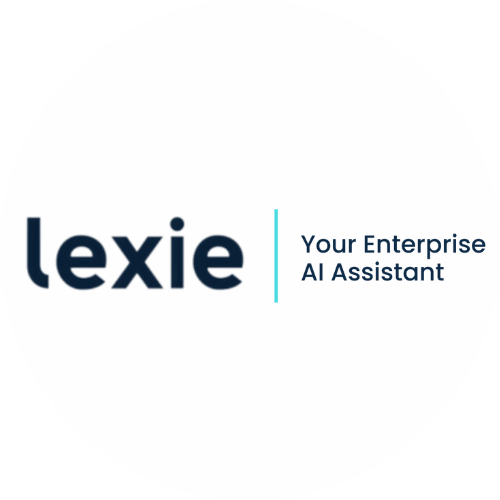
Acme Labs
Acme Labs is a metaverse community built on the Hedera blockchain network dedicated to the world of visual storytelling with an emphasis on high quality art prints featuring nostalgic cartoons. It specializes in bringing art and collectibles from animation, comic books, and emerging XR media into the digital realm, providing a unique combination of classic creativity and modern technology.
It features numerous collaborations with established artists including “The Chuck Jones Gallery,” an initiative that resurrects "Lost Wrabbit," a unique character conceived by the legendary Looney Tunes director Chuck Jones and reimagined by artist Ben Olson, which seeks to preserve and modernize classic art stylings on Hedera.
Acme Labs’ platform allows creators and collectors to benefit from Hedera’s secure, fast, and accessible blockchain network while offering support for both credit card and cryptocurrency payments. It also provides a full suite of community services including virtual spaces where creators and enthusiasts can connect and collaborate.
Project Information
Related Projects

Starling Lab for Data Integrity is an academic research center that operates at the intersection of cryptography, decentralized web protocols, and the humanities. A joint initiative between the USC Shoah Foundation and Stanford University's Department of Electrical Engineering, the lab's mission is to develop and prototype tools and principles to establish trust in digital records. In an era of rampant misinformation and AI-generated content, Starling Lab is pioneering new methods to securely capture, store, and verify digital media.
The core of their work is the Starling Framework for Data Integrity, a comprehensive, open-source methodology for authenticating digital content. This framework is built on three pillars: Capture, which involves creating a chain of custody from the moment a photo or video is taken, Store, which uses decentralized networks like IPFS and Filecoin to securely distribute and preserve content, and Verify, which leverages immutable ledgers to register and audit the provenance of digital assets. This end-to-end approach has been applied in various real-world scenarios, from documenting the 78 days of the 2020 U.S. presidential transition with Reuters to preserving the USC Shoah Foundation's archive of 55,000 holocaust testimonies.

RAK DAO (Ras Al Khaimah Digital Assets Oasis) is a government-supported free zone in the United Arab Emirates, launched in 2023. It is the world's first and only free zone exclusively dedicated to digital and virtual asset companies. The initiative is designed to create a vibrant ecosystem for Web3, blockchain, AI, and other emerging technologies, positioning Ras Al Khaimah as a global hub for innovation.
RAK DAO provides a comprehensive suite of services and infrastructure to support the growth of digital asset companies. This includes a robust and transparent legal framework, a variety of licensing options (including for freelancers and digital nomads), and access to a network of partners, VCs, and academic institutions. The free zone offers a range of facilities, from co-working spaces to dedicated offices, and provides professional services to assist with everything from company setup to ongoing operations.
The Hedera Foundation, which fuels the growth of the Hedera ecosystem, is a key partner of RAK DAO. This strategic alliance provides RAK DAO members with direct access to the Hedera network, including grant programs and technical support.

Dragon Glass is a real-time data streaming and analytics platform specifically designed for the Hedera network. It provides developers, businesses, and users with live, granular access to the vast amounts of data generated on the Hedera public ledger. This includes comprehensive details about transactions, Hedera Consensus Service (HCS) messages, Hedera Token Service (HTS) token transfers, and interactions with Hedera Smart Contracts.
Key features of Dragon Glass include robust real-time data feeds, which are delivered via APIs using protocols such as WebSockets or gRPC, enabling responsive application development. It also offers capabilities for querying historical ledger data, allowing for in-depth analysis and reporting. Users can filter data streams or subscribe to specific events, accounts, or topics relevant to their needs.
Dragon Glass supports a numerous use cases ranging from powering dApp front-ends and analytics dashboards to enabling exchanges and wallet providers with up-to-the-second information. It empowers the Hedera ecosystem by making its on-ledger data more accessible, actionable, and easier to integrate into diverse applications.

Lexie is an AI-powered enterprise solution that enables businesses to securely integrate advanced AI models with proprietary data. Its platform is designed to provide real-time insights and automation, while ensuring the privacy and security of a company's internal information.
The core of Lexie's service is its custom-built large language model (LLM) stack, which is designed to outperform popular systems such as ChatGPT while reducing the risk of "hallucinations," or inaccurate outputs. The platform can be deployed on-premise or in a hybrid cloud environment, giving businesses maximum flexibility and control over their data while ensuring data safety compliance in any operational environment.
Lexie's fullstack array of professional services are tailored to a variety of industries, including financial services, legal and compliance, and media and entertainment. A key product is the LEXI AI-Powered Captioning Tool Kit, which leverages the platform's advanced AI to provide live and recorded captioning, translation, and other media services.
